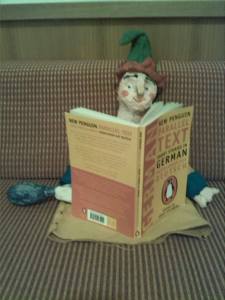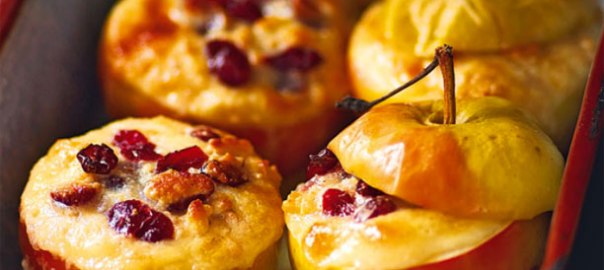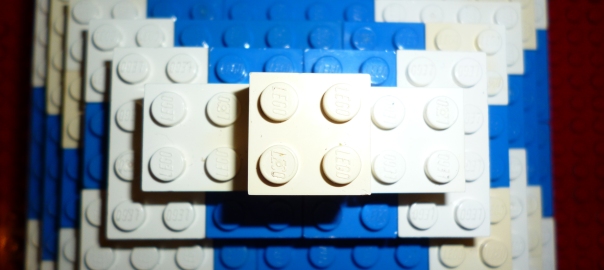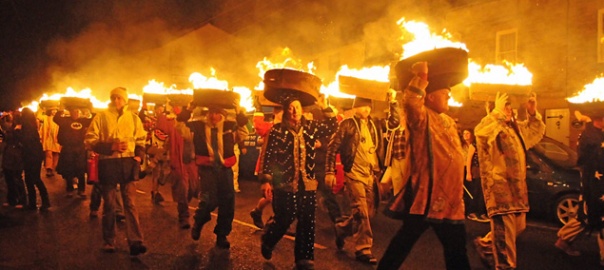“Punch” kommt aus dem Englischen und bedeutet so viel wie Kasperle. Tatsächlich gibt es auch Gemeinsamkeiten des oben abgebildeteten britischen Kasperle und unserem deutschen Kasper. Beide treten meist in Puppentheater in Form von Handpuppen auf und sorgen bei Klein und Groß für gute Stimmung!
Die Jugendbotschafterin Alaida hat sich innerhalb ihres Filmprojekts mit Mr.Punch genauer befasst und nachgebaut! Sie schickte uns auch das Bild! DANKE Alaida!









